BCS Essentials Certificate in
Artificial Intelligence
£695.00 + VAT per person
- FUNDAMENTALS LEVEL
- SUITABLE FOR A NON-TECHNICAL AUDIENCE
- INTENDED FOR AI GOVERNANCE TEAMS & ETHICS BOARDS, DATA PROTECTION & GRC TEAMS, LEGAL PROFESSIONALS, MANAGEMENT & LEADERSHIP ROLES
- UNDERSTAND THE KEY TERMINOLOGY AND THE GENERAL PRINCIPLES OF AI
- EXAMINES HOW AI WILL TRANSFORM THE WAY PEOPLE WORK, LEARN, TRAVEL & COMMUNICATE
- EXPLORES ETHICAL CONSIDERATIONS, INCLUDING THE POTENTIAL FOR BIAS, UNFAIRNESS & DISCRIMINATION
- ADDRESSES DATA PROTECTION LEGAL CONCERNS, RISK MANAGEMENT & AI GOVERNANCE
- DISCUSSES HOW TO BENEFIT FROM AI TRANSFORMATION
- ENABLES AWARD HOLDERS TO HOLD INFORMED CONVERSATIONS WITH SPECIALIST TEAMS RESPONSIBLE FOR DEVELOPING AI SYSTEMS

BCS Foundation Certificate in
Artificial Intelligence
£1,295.00 + VAT per person
- INTERMEDIATE LEVEL
- SUITABLE FOR A NON-TECHNICAL AUDIENCE
- INTENDED FOR AI GOVERNANCE TEAMS & ETHICS BOARDS, AI MODEL OPS TEAMS, DATA PROTECTION & GRC TEAMS, DATA SCIENTISTS, SYSTEMS & SOFTWARE DEVELOPERS, INFORMATION SECURITY TEAMS, PRIVACY ENGINEERS
- UNDERSTAND THE KEY TERMINOLOGY AND THE GENERAL PRINCIPLES OF AI
- LEARN THE HISTORY OF AI FROM ITS ORIGINS TO THE RISE OF BIG DATA & THE DEVELOPMENT OF GENERATIVE AI
- EXPLORE THE LEGAL & ETHICAL CONSIDERATIONS WHEN USING OR DEVELOPING AI TOOLS AND APPLICATIONS
- CONSIDER HOW AI TECHNOLOGIES CAN BE USED TO SUPPORT BUSINESS ACTIVITIES
- DISCOVER HOW TO IDENTIFY OPPORTUNITIES FOR AI USE
- LEARN HOW TO MITIGATE AI RISKS & MAINTAIN CONTROL OVER FINANCIAL COSTS WHEN IMPLEMENTING AI PROJECTS
- CONSIDER THE IMPACT OF AI ON THE FUTURE OF SOCIETY AND BUSINESS




